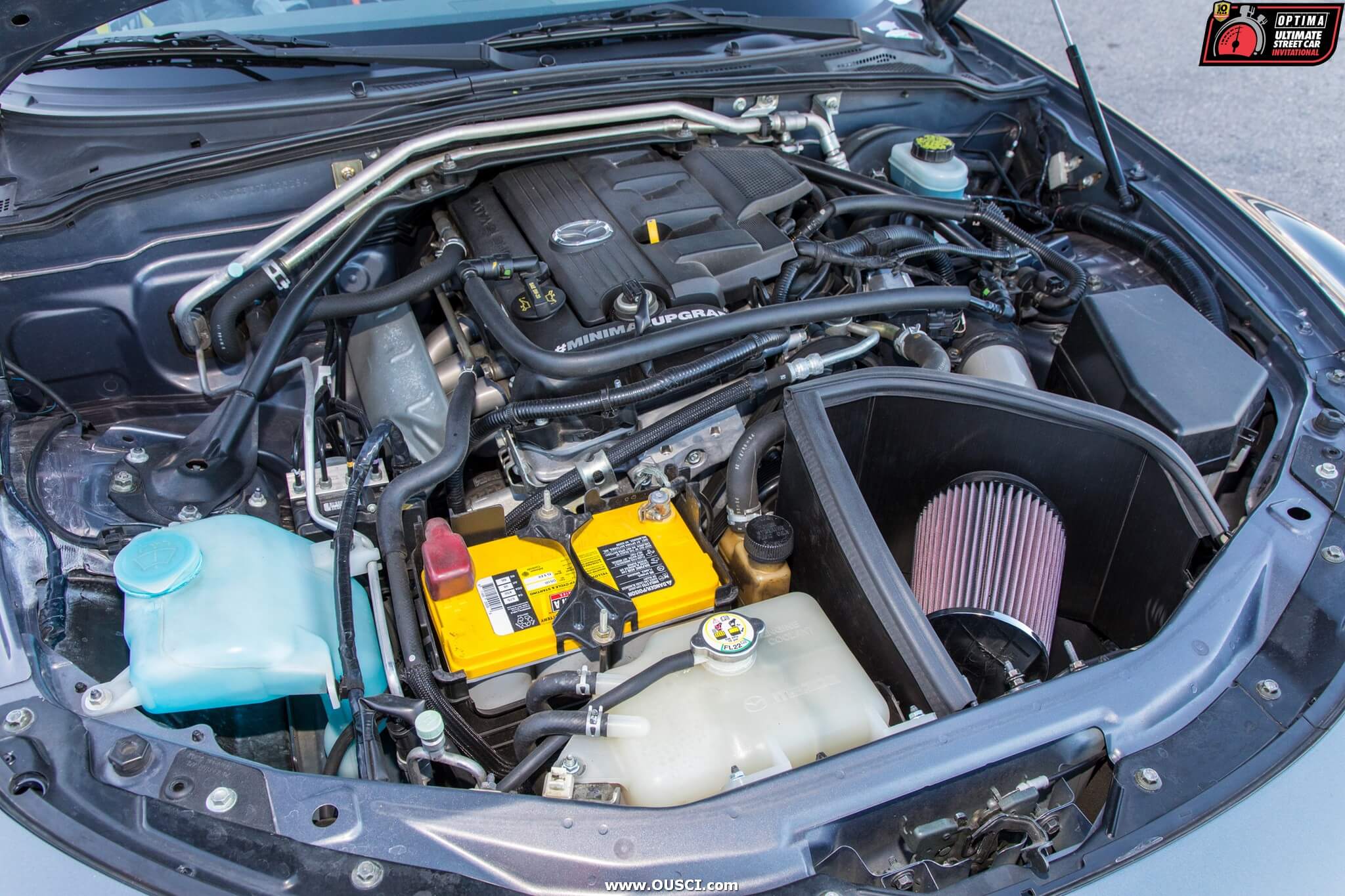What is the Life of a Car Battery?

- Sponsor
- OPTIMA Batteries
- Location
- Milwaukee, WI


When people ask "What is the life of a car battery?" what they really want to know is how long a car battery will last. However, in answering that question from a literal perspective of what was asked, we think we can give some insight into both. Battery lifespan is largely tied to how a battery is used and maintained. A car battery starts out life much they way humans do in that from their first day on earth going forward, they are moving ever closer to their inevitable end. While there are certainly things that can be done along the way to prolong the useful lifespan of a battery, car batteries are consumable items with finite lifespans.
Once a car battery receives it's initial charge, it is probably placed on a pallet with dozens of other batteries and shipped off to a distribution center. From there, the battery is likely delivered to a retailer, manufacturer or directly to the end user. Although battery manufacturers and distributors have gotten pretty good at predicting demand, every once in a while a battery may take longer than expected to get put into service. These batteries are periodically checked while they are in distribution channels, so if the battery has managed to self-discharge over a period of time, it may be recharged.
Once the battery goes into service in a consumer or commercial application, most are put into systems that have some type of integrated maintainer, like an alternator, that helps keep a battery fully-charged...at least in theory. The reality is that even in a typical car with an alternator, a battery can have a very challenging existence. If a vehicle is laden with high-tech, modern electronics, that can put a lot of electrical demands on a battery. Can you think of a vehicle like that? They may be more common than you realize.
A common minivan could place a tremendous strain on a car battery, especially if it has a DVD player that sees a lot of use with the engine turned off. One kid plays soccer and the other one plays tennis and when one is at a practice or game, the other may be in the van watching Mary Poppins. if the distance between the tennis court and the soccer field is only a few minutes drive away, the minivan's alternator probably won't be able to replace the energy that was consumed from the battery, while the DVD player was running with the engine turned off.
String together a series of short trips and the battery will slowly get discharged. Whenever any battery is discharged below 12.4 volts and left sitting in that state, it will begin to sulfate, which diminishes both capacity and lifespan. Meanwhile the alternator trying to maintain that battery will constantly operate at a very high rate, potentially shortening it's lifespan as well. Are minivans the only example of that kind? Hardly!
A vehicle with an aftermarket car alarm, custom stereo or even a bone-stock, but highly-optioned vehicle could place similar demands on a battery. With integrated alarm systems and satellite-based communication systems, many modern vehicles have components that stay powered up all the time and can potentially discharge a car battery in just a few weeks' time. That could mean if you go on a dream vacation to Tahiti for three weeks, your car sitting at the airport park & ride might be completely discharged by the time you return.
Do you frequently park in an underground garage or parking ramp, where your vehicle's communication system has a hard time getting a signal? What happens to your cell phone's battery when it can't find a signal? It increases power to get a connection to a really weak signal. The same thing can happen with your car battery and can accelerate the discharge rate on a car battery.
As a result of scenarios like these and others, many car batteries end up living a life of abuse and neglect until things get so bad, that they need the help of jumper cables or a jump pack to get a car started. Rare is the occasion where a battery in service might actually get connected to a battery charger and topped off, just because the owner thought it was a good idea. However, periodic use of a quality battery charger or maintainer, like the OPTIMA Digital 400 or Digital 1200 can go a long way toward improving battery performance and extending battery lifespan. When was the last time you charged the battery on your car or truck?
If you've arrived at a place, where your car isn't starting and you think the battery could be the root cause, has your vehicle usage resembled anything described in this blog? If so, your battery could just be deeply-discharged and in need of a charge. If you live in an extremely hot climate, like Phoenix or Miami, you know the life of a battery tends to be shorter than what folks experience in more temperate climates, like San Diego. Do you live in a part of the country that might get hot in the summertime, but recently went through a cold snap? If so, damage caused by summer heat could now be manifesting itself in the colder weather.
In any scenario, after attempting to charge your battery, you may want to visit a battery professional (like an auto parts retailer), who can load test your battery and give you an idea of how much life is left in it. With all we've described, it's clear there are a multitude of factors that can influence battery life and a load test is the best way to cut through whatever combination of factors have impacted the performance and lifespan of your battery.
